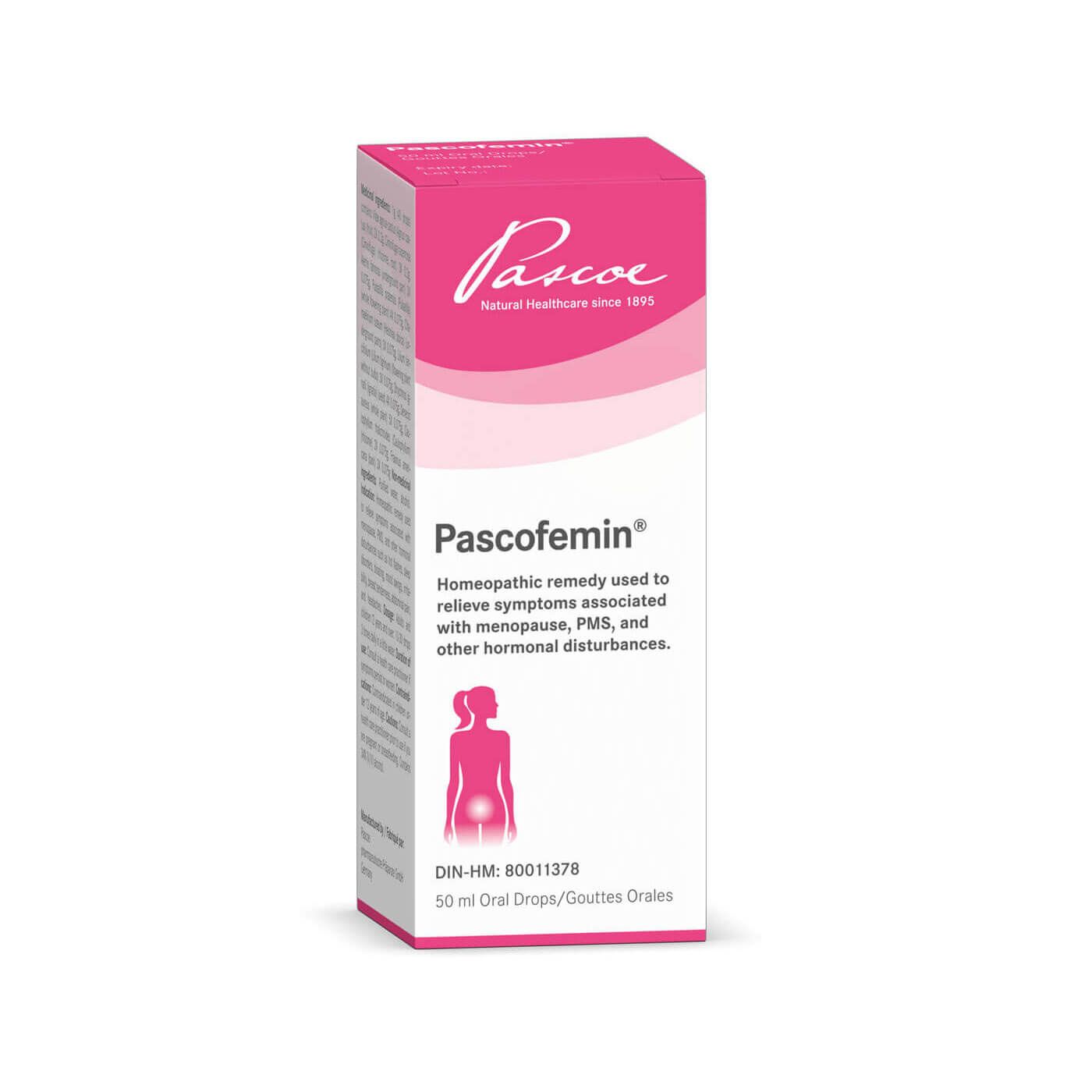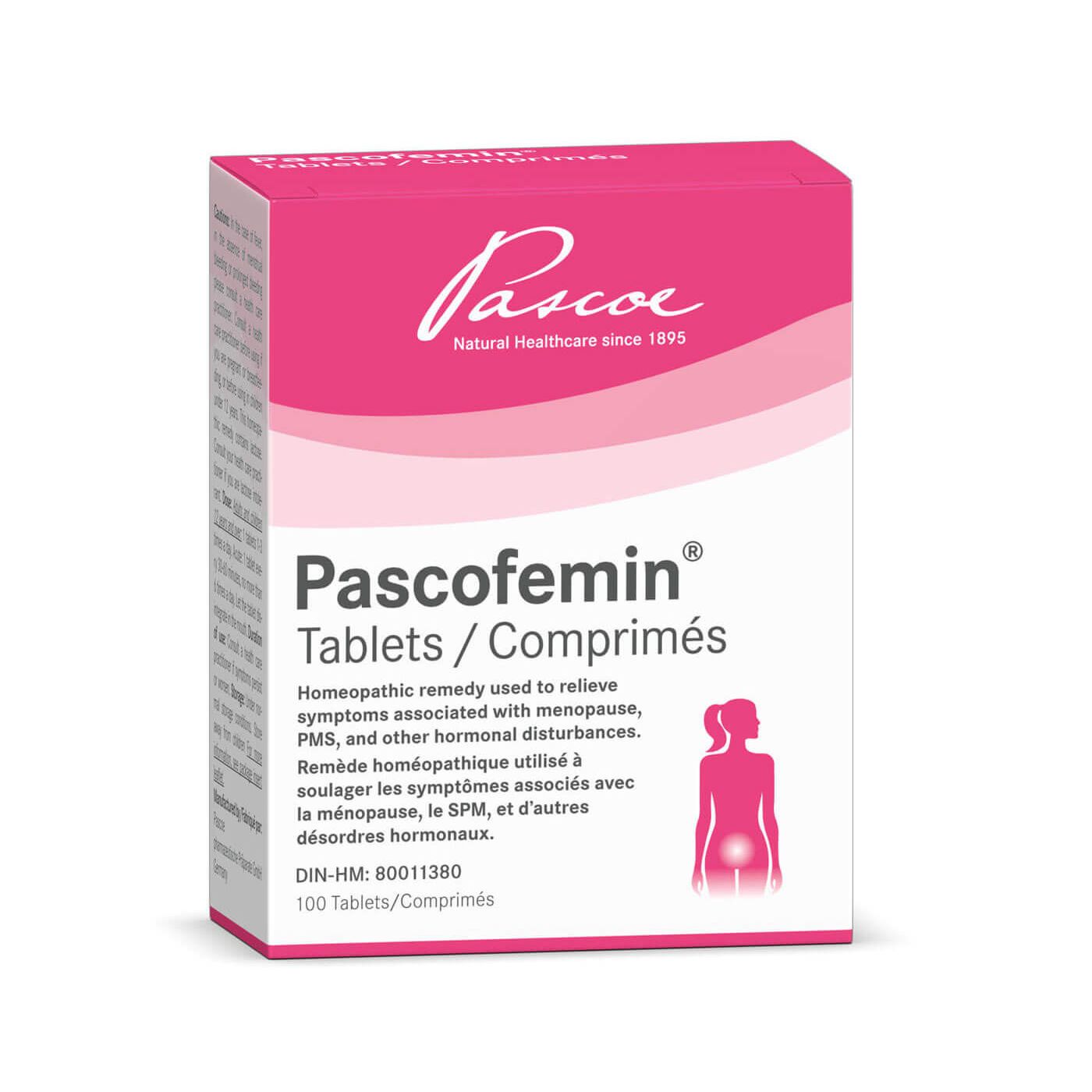15 Top Tips to Cope with Hot Flashes
As women navigate the transformative phase out of their menstrual cycle and into menopause, one common and often challenging symptom they encounter is hot flashes. These sudden, intense feelings of heat, often accompanied by sweating and rapid heartbeat, can significantly impact daily life and well-being. Understanding the factors contributing to hot flashes, including hormonal disturbances and other menopause symptoms, is crucial to helping us navigate coping with them.
Let’s explore 15 top tips to help women effectively cope with hot flashes and navigate this natural transition with greater ease.


Understanding Hormonal Changes and Hot Flashes
Menopause, a natural biological process, is marked by the cessation of menstrual periods and a significant shift in hormone levels. Hormonal changes, particularly the decline in estrogen levels, are closely linked to the onset of hot flashes.
Estrogen, a key reproductive hormone, plays a role in regulating body temperature. As levels fluctuate during menopause, the body's thermoregulatory system can become dysregulated, resulting in the sudden heat and flashing characteristic of hot flashes.
Menopause Symptoms and Hot Flash Triggers
Hot flashes often come hand in hand with a variety of menopause symptoms, including mood swings, sleep disturbances, and irregular periods.
1. Identifying triggers for hot flashes is crucial in managing their frequency and intensity.
2. Stress, caffeine, spicy foods, and alcohol are common triggers that can exacerbate hot flashes.
3. Managing these factors through lifestyle adjustments can significantly contribute to alleviating the impact of hot flashes on daily life.
Impact on Sleep and Coping with Sleep Disorders
Sleep issues, including having trouble staying asleep, are a prevalent concern for menopausal women experiencing hot flashes. Night sweats, a nighttime version of hot flashes, can disrupt sleep patterns, leading to fatigue and irritability.
To cope with sleep disturbances, it's essential to create a sleep-conducive environment. This includes…
4. Keeping the bedroom cool,
5. Wearing breathable fabrics,
6. And staying hydrated.
7. Additionally, establishing a relaxing bedtime routine and practicing stress-reduction techniques can enhance sleep quality.
Herbal Remedies and Supplements
Exploring natural remedies can be an effective approach to managing hot flashes.
8. Herbs such as agnus castus and pulsatilla have gained popularity for their potential in regulating hormonal imbalances and alleviating menopausal symptoms, including hot flashes. Agnus castus, derived from the chasteberry, is believed to influence hormonal levels, while derived from the pasqueflower, pulsatilla uses include addressing mood swings and irritability. Herbs like sage or black cohosh may also offer relief.
Lifestyle Adjustments for Coping
Simple lifestyle adjustments can make a significant difference in managing hot flushes.
9. Staying cool is paramount, so dressing in layers that can be easily removed, especially during warmer weather, helps regulate body temperature.
10. Maintaining a healthy weight through regular exercise not only supports overall health but may also reduce the frequency and intensity of hot flashes.
11. Staying hydrated by drinking plenty of water and avoiding caffeine and alcohol can contribute to a more balanced internal environment.
Acute Hot Flash Tips
Effectively coping with acute hot flashes, a common challenge during menopause, requires a comprehensive approach.
12. Firstly, prioritize removing any adjustable layers, use fans, or ahead of time, opt for breathable fabrics.
13. Have a glass of water, particularly cold, as it plays a pivotal role in regulating body temperature.
14. Embrace relaxation techniques, including deep breathing and meditation in the moment. This can effectively alleviate stress-induced hot flashes and contribute to the ability to fall and stay asleep.
Treatment Options and Medical Considerations
For women experiencing severe hot flashes, medical interventions and treatment options may be considered. Hormone replacement therapy (HRT) is one such option, involving the use of medications to supplement declining hormone levels.
While HRT can effectively alleviate menopausal symptoms, it's essential to be aware of potential side effects and discuss the risks and benefits with a healthcare professional. Individualized treatment plans, considering a woman's overall health and medical history, are crucial for optimal outcomes and to ensure the reduction of additional health issues.
Addressing Other Menopausal Symptoms
Hot flashes are often just one facet of the complex menopausal experience. Women may also contend with symptoms such as vaginal dryness, irregular periods, and trouble sleeping. Taking a holistic approach to address these symptoms alongside hot flash management can enhance overall well-being. Regular gynecological check-ups can help monitor these aspects of health and provide tailored advice and support.
Individualized Approaches for Women's Unique Experiences
Recognizing that women experience menopause differently is key to developing effective coping strategies. The intensity and duration of symptoms vary among individuals. Consulting with healthcare professionals allows for personalized advice and solutions tailored to specific needs. Whether through herbal remedies, lifestyle adjustments, or medical interventions, women can find a holistic approach that suits their unique experience of menopause. And can get ahead of other potential symptoms, like problems with hair growth or high blood pressure.
A holistic lifestyle approach involves regular exercise, a balanced diet, and sufficient sleep not only addresses hot flashes but also tackles associated health problems like sleep problems and feeling tired. Understanding how factors like levels of estrogen, birth control pills, thyroid hormone, and various medical conditions can influence hot flashes enables individuals to tailor their coping strategies for a more personalized and effective approach
Coping with hot flashes during menopause involves a multifaceted approach that addresses hormonal imbalances, triggers, and overall well-being. By understanding the factors contributing to hot flashes and incorporating lifestyle adjustments, herbal remedies, and medical guidance as needed, women can navigate this transformative phase with resilience and comfort. Embracing the diversity of experiences during menopause and seeking support when necessary empowers women to face this natural transition with confidence and grace.
While hot flashes are a common and sometimes challenging aspect of menopause, they need not define this phase of life. By adopting a comprehensive and individualized approach, women can effectively manage hot flushes and embrace the broader spectrum of experiences that come with this natural transition.
References:
Cleveland clinic. “Menopause: Age, Stages, Signs, Symptoms & Treatment.” Cleveland Clinic, 5 Oct. 2021, my.clevelandclinic.org/health/diseases/21841-menopause.
“Herbal Remedies for Menopause, Menopause Information & Articles | the North American Menopause Society, NAMS.” Menopause.org, 2019, www.menopause.org/for-women/menopauseflashes/menopause-symptoms-and-treatments/natural-remedies-for-hot-flashes.
“Hot Flashes: What Can I Do?” National Institute on Aging, www.nia.nih.gov/health/menopause/hot-flashes-what-can-i-do.
“Hot Flashes: Triggers, How Long They Last & Treatments.” Cleveland Clinic, my.clevelandclinic.org/health/articles/15223-hot-flashes.
“Hot Flashes - Symptoms and Causes.” Mayo Clinic, 2018, www.mayoclinic.org/diseases-conditions/hot-flashes/symptoms-causes/syc-20352790.




